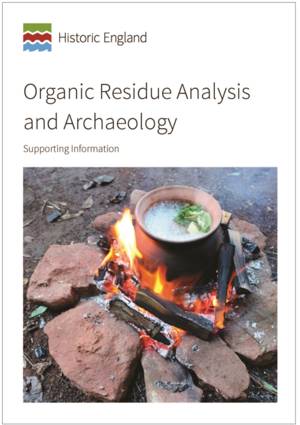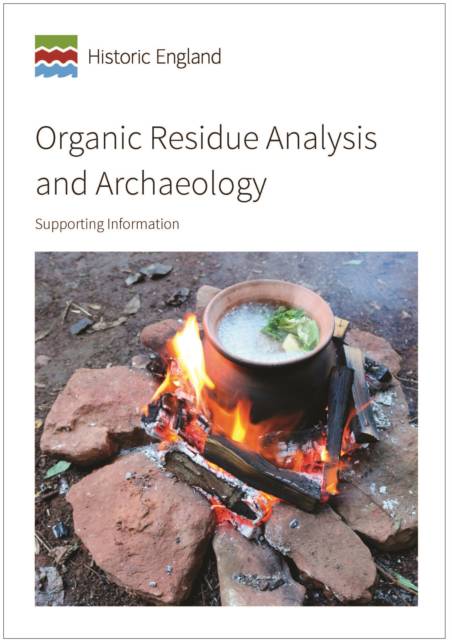
- Retrait gratuit dans votre magasin Club
- 7.000.000 titres dans notre catalogue
- Payer en toute sécurité
- Toujours un magasin près de chez vous
- Retrait gratuit dans votre magasin Club
- 7.000.0000 titres dans notre catalogue
- Payer en toute sécurité
- Toujours un magasin près de chez vous
Description
This document provides guidance for good practice in the recovery, analysis and publication of organic residues from archaeological sites. It has been written for a range of archaeological professionals, including local authority archaeology officers, archaeological units and consultants, project managers, museum curators, conservators and pottery specialists, with the aim of ensuring that approaches are suitable, cost-effective and informative.
The objectives of the guidelines are to:
- inform practicing archaeologists of the principles and potential applications of organic residue analysis (ORA)
- provide clear and coherent guidance on organic residues recovery, sampling and analysis
- demonstrate the research potential of the approach
The Supporting Information document contains further detail on terms and concepts used in ORA and analytical techniques used to identify organic residues, together with guidance on where future research themes involving ORA might usefully be targeted. A thematically organised bibliography and details of where to access literature relating to ORA is also included. It also incorporates a short section on reporting, publishing and digital archiving, and guidance for museum curators and conservators in archiving ceramics with potential to be used for ORA.
Spécifications
Parties prenantes
- Auteur(s) :
- Editeur:
Contenu
- Nombre de pages :
- 32
- Langue:
- Anglais
- Collection :
Caractéristiques
- EAN:
- 9781848024847
- Date de parution :
- 23-02-17
- Format:
- Livre broché
- Format numérique:
- Trade paperback (VS)
- Dimensions :
- 210 mm x 297 mm

Les avis
Nous publions uniquement les avis qui respectent les conditions requises. Consultez nos conditions pour les avis.






